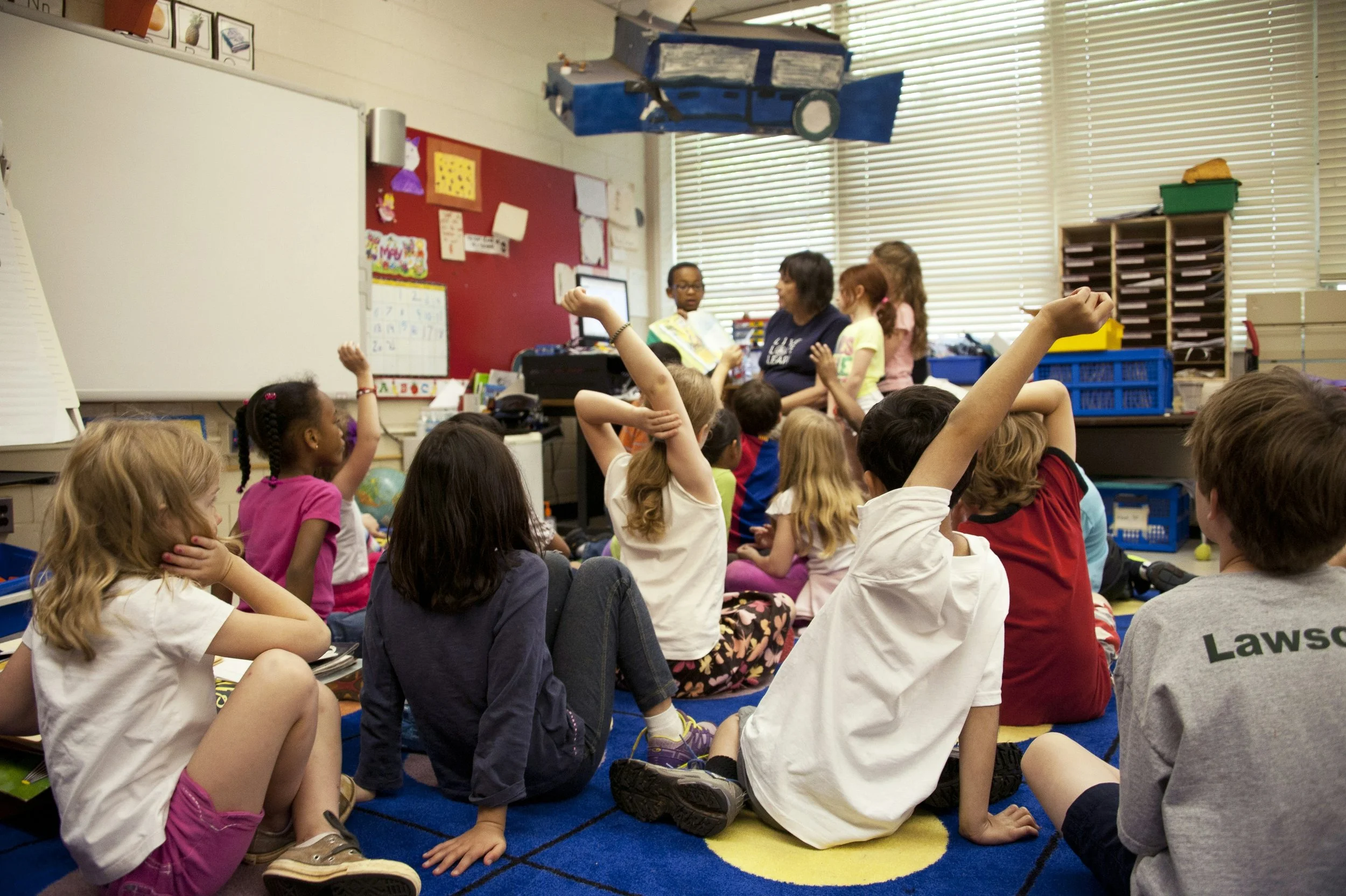The Price of Behaviour: Findings from the Underprivileged to the Opulent.
CDC, Unsplash.
Since first starting out my teaching career almost 15 years ago, I didn’t think that I would be sitting here with such a burning passion to share my experiences and findings. I have been fortunate enough to teach in England and the Middle East and have found both challenges and rewards from each of these places and school settings. I have also been a Deputy Headteacher and during this time I was able to observe as an ‘outsider’ looking in as I was no longer full time in the classroom. What fascinates me is how I experienced such different behaviours between a low socioeconomic school and incredibly affluent ones. So, while this post doesn’t present any advice to parents or teachers, it is more of a reflection upon my teaching time and poses the question; what is the price of behaviour? Here are my findings from the underprivileged to the opulent.
Back in 2012, I began my first teaching post in a small primary school within a small town in the North East of England. Generally, the children were respectful, and the parents were also supportive. (However, let it be known that I did also face challenging children who would throw chairs, and parents who were less than pleasant). In spite of those isolated incidents, what I regularly noted in the children’s behaviour was the overwhelming desire to learn, soaking up all of the information like little sponges (even if, more often than not, they were deemed educationally lower than the national averages). Despite, on occasion, having to buy toothbrushes for some of the children, or give some of my lunch away, this focus and drive for their learning really inspired in me a drive to take risks with them, and risks I did. During the Summer term, we staged a very condensed, yet worthy performance of A Midsummer Night’s Dream and I think, even now, it remains my most prized accolade from being in the classroom.
Fast forward a couple of years, and I left England’s green and pleasant land for the Middle East, teaching in a school with over 2,200 incredibly privileged students, naturally it was an overwhelming culture shock for me. Many of the children were royalty and were adorned with designer school bags and the newest trainers, often strutting into school. Not only was I culturally at the other end of the spectrum from the North East of England, but I also found the behaviour was polar opposite too. The children lacked respect for all adults who should have been in positions of authority, as well as having a deep-seated apathy towards learning in general. Because of this, most of my time as a ‘teacher’ was spent fighting the fires of outlandish and unacceptable behaviour, which was exhausting to say the least. Studies further explore the psychological impacts of a fortunate childhood and the linkages made between behaviour.
It seems like a strange place to conclude this post, but I think it’s because I’m left asking more questions since reflecting upon my experiences. Why would the underprivileged children value their learning and education so much? Were they acutely aware that learning equates to success and to getting a job? Did they indirectly or directly understand the power of knowledge? On the other hand, why did the opulent children care so little for their learning? Has education for them become a stop gap in time until they are old enough to take over a family business and travel the world in a life of luxury?
I am simply left wondering, what is the price of behaviour?
